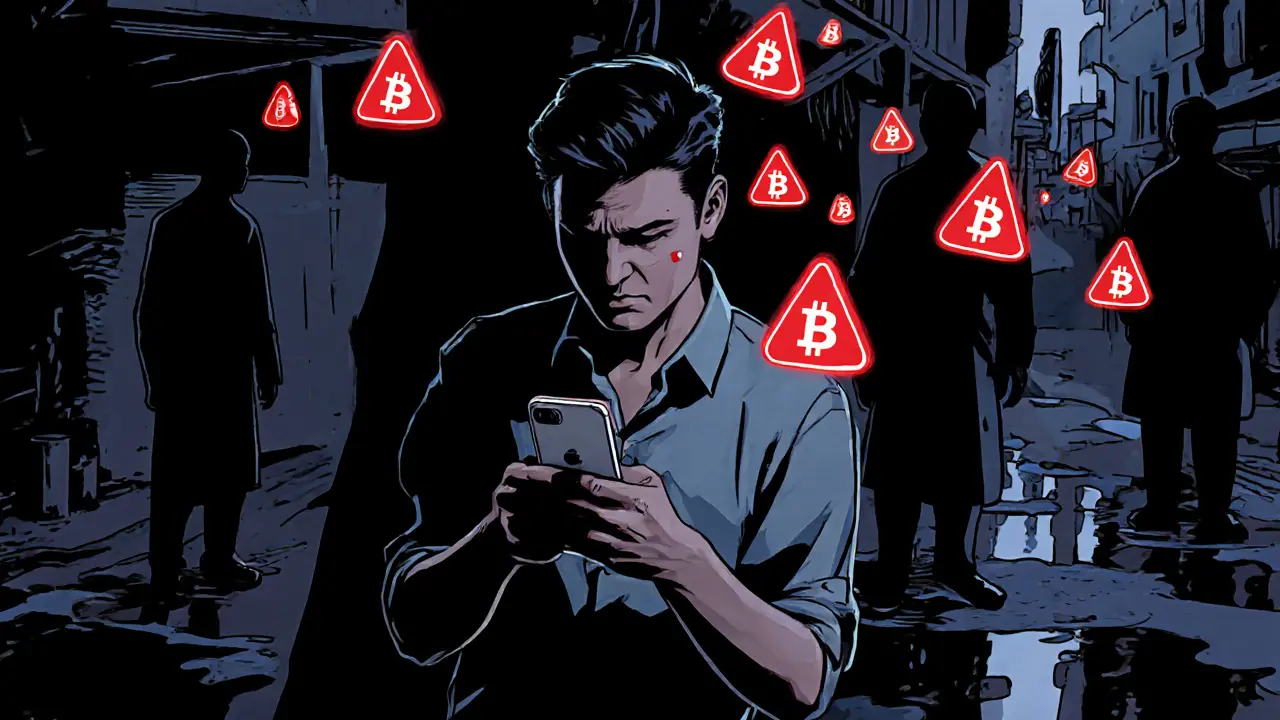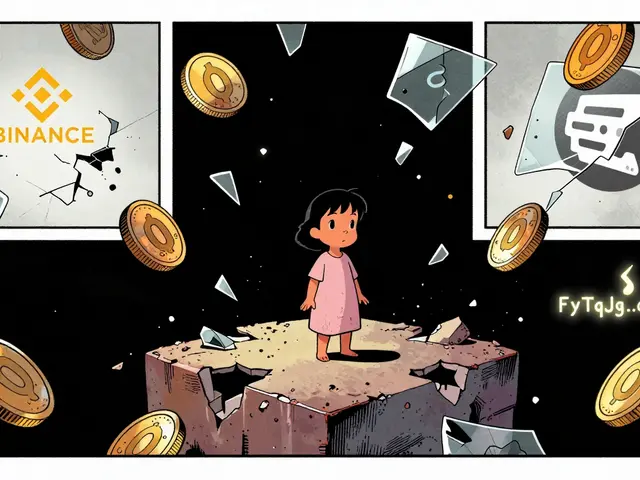Bitcoin Legal Risks: What You Must Know Before Investing
When you buy Bitcoin, a decentralized digital currency that operates without a central bank or single administrator. Also known as BTC, it’s often called digital gold—but that label hides a darker truth: owning Bitcoin comes with real legal dangers you can’t ignore. Unlike stocks or bonds, Bitcoin isn’t protected by traditional financial safeguards. In some countries, it’s outright banned. In others, you could get fined—or worse—for not reporting it correctly.
One major cryptocurrency regulation, government rules that control how digital assets can be bought, sold, taxed, or used issue is taxation. The IRS treats Bitcoin as property, not currency. That means every time you trade it for goods, swap it for another coin, or even sell it after holding it for a year, you trigger a taxable event. Miss a form, forget a transaction, or miscalculate your cost basis, and you’re opening yourself up to audits, penalties, or back taxes. This isn’t theoretical—thousands of people have already been caught.
Then there’s the global patchwork of laws. In crypto crime, illegal activity involving digital currencies, like money laundering, hacking, or ransomware, North Korea’s Lazarus Group has stolen over $2 billion since 2020. Governments respond with sanctions, blacklists, and blockchain forensics. But if you’re holding coins that were once on a tainted address—even unknowingly—you could get frozen out of exchanges or flagged by compliance systems. You don’t need to be a criminal to get caught in the crosshairs.
Some places, like El Salvador, made Bitcoin legal tender. But that didn’t fix the problems. Most people still use USD. The government’s Chivo wallet crashed. And the IMF warned it could destabilize the economy. Meanwhile, countries like Iraq and Turkey shut down crypto trading entirely. Turkey’s 2024 law forced exchanges to get licenses or shut down. In the UK, the FCA now requires strict anti-money laundering checks. If you’re trading on an unregistered platform, you’re not just risking your money—you’re risking your legal standing.
And it’s not just about governments. Private companies play a role too. If you use a wallet or exchange that doesn’t follow KYC rules, you might lose access overnight. Some platforms freeze accounts without warning if they detect suspicious activity—even if you did nothing wrong. And once your funds are locked, good luck getting them back. There’s no FDIC insurance for crypto. No customer service hotline that can help. Just a cold, automated system enforcing rules you didn’t even know existed.
Even simple actions can backfire. Sending Bitcoin to a friend? That’s a taxable transfer. Using it to pay for a coffee? You just triggered capital gains. Holding it in a non-custodial wallet? You’re responsible for security, taxes, and compliance—no one’s holding your hand. The freedom of Bitcoin comes with a heavy burden: you’re now your own bank, lawyer, and accountant.
Below, you’ll find real-world examples of how these legal risks play out—from how the Central Bank of Iraq bans crypto to how the FCA forces UK exchanges to comply. You’ll see what happens when a country tries to adopt Bitcoin as official money—and why it failed. You’ll learn how crypto crime investigations work, what tax traps to avoid, and which exchanges are actually safe to use. This isn’t theory. These are the rules that affect your wallet right now. Know them before you invest.

Bangladesh bans Bitcoin trading, but enforcement targets money movement, not ownership. Learn how authorities track users, the real legal risks, and why people still trade despite prison sentences and asset seizures.
Continue Reading





